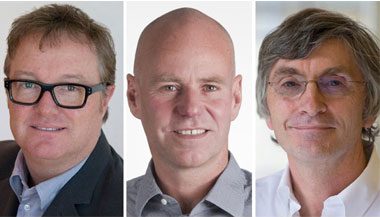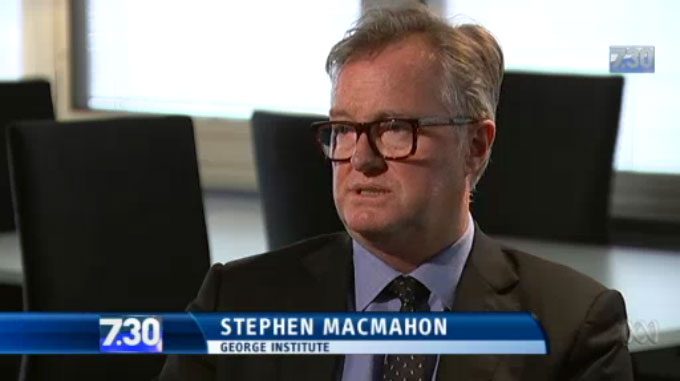Three researchers from The George Institute for Global Health have been named among the world’s most influential scientific minds in a new report by Thomson Reuters.
The World’s Most Influential Scientific Minds 2015 report is based on the number of cited research papers an academic published from 2003 to 2013. It identifies the best and most influential scholars from among the estimated nine million researchers who publish papers each year.
In the introduction, Thomson Reuters Vice-President Emmanuel Thiveaud wrote: “This report is an updated listing of the elite authors officially designated as Highly Cited Researchers, based on their respective output of top-cited papers in their fields… It features the scientists who have won acclaim and approval within a key population: their peers.”
The George Institute’s researchers named were:
Professor Stephen MacMahon
Prof MacMahon is Principal Director and one of the founders of The George Institute. He is a Professor of Medicine at both the University of Sydney and the University of Oxford, where he is a James Martin Professorial Fellow. He is an international authority on the causes, prevention and treatment of cardiovascular diseases and has a special interest is the management of chronic and complex conditions in resource-poor settings, particularly in the Asia-Pacific region.
Professor Bruce Neal
Prof Neal is Senior Director of the Food Policy Division at The George Institute for Global Health, a Professor of Medicine at the University of Sydney and Chair of the Australian Division of World Action on Salt and Health.
Professor Mark Woodward
Working in the Professorial Advisory Unit of The George Institute, Prof Woodward is a Professor of Biostatistics at the University of Sydney, Professor of Statistics and Epidemiology at the University of Oxford and Adjunct Professor of Epidemiology at Johns Hopkins University.
Chief Scientist at The George Institute, Prof Anushka Patel congratulated the researchers. “This is an outstanding achievement for them and the Institute. That this honour is based on citations and their influence on their peers is a prime example of the quality and impact of our research,” she said.
Download The World’s Most Influential Scientific Minds 2015 report



